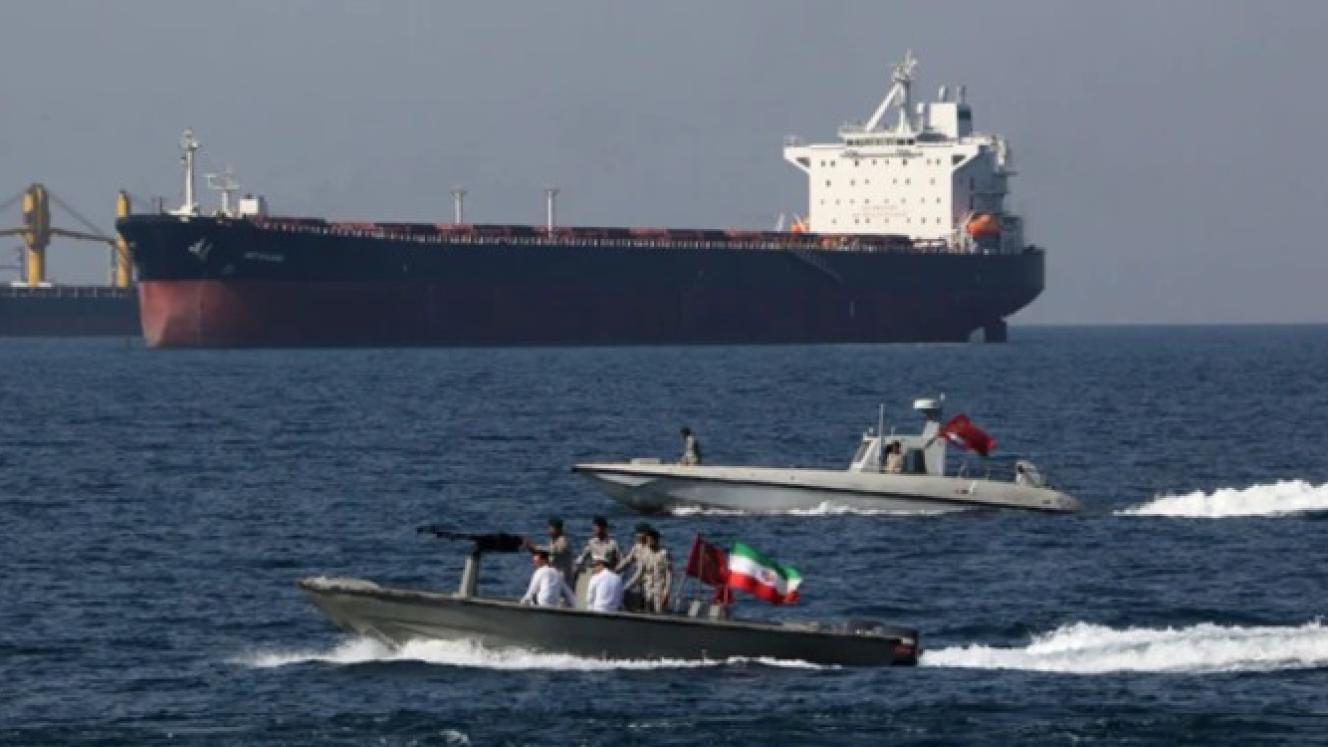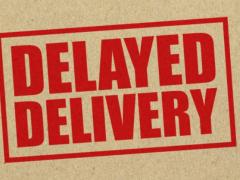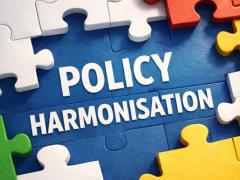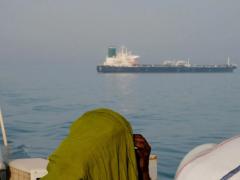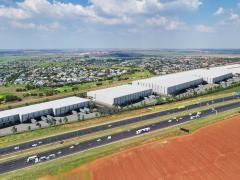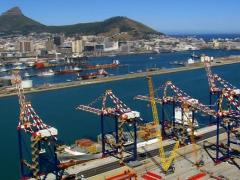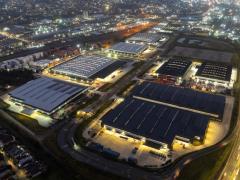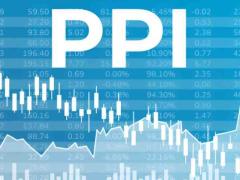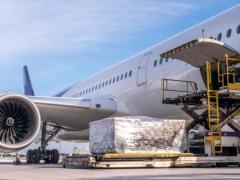While South Africa’s trade environment waits to hear from government about negotiations with the US to avoid a 30% increase in tariffs, the Bureau for Economic Research (BER) has struck a balance between good and bad news.
The good news first is that the potential impact of tariffs coming into effect on August 1 will be relatively small for the country’s economy overall, the BER said.
Of course, the potential impact on the agricultural and automotive industries of “Trump tariffs” has been well reported, and additional duties haven’t been ruled out.
Worst-case scenario is Trump proceeding with 10% tariffs on exports to the US because of our membership of Brics+ – the Global South trade bloc consisting of Brazil, Russia, India, China and South Africa, and which gathered in Rio de Janeiro last weekend.
Should such tariff punishment for “un-American trade allegiances” come to pass, to paraphrase a Trump statement posted on his Truth Social propaganda platform during the Brics+ summit, it would hit South Africa very hard, the BER has said.
The Bureau said whereas South Africa had its fingers crossed that the current baseline tariff of 10% would be the worst of it, provided that initial tariff increases of 30% announced April 2 were avoided, the baseline tariff was now the best, hoped-for scenario for the country.
This is after the July 7 announcement in which Trump dashed local hopes of a modicum of preferential “duty-free” access to the US.
Both the rand, US dollar and bond markets weakened immediately after Trump “read the riot act” to South Africa and 13 other countries.
Recovery was also fairly swift, mainly because it was felt that the US leader, full of the usual bluster, was playing for time in a bid to bully smaller economies into deal-making positions.
Rebounding market positions, the BER said, were based on a globally held position known as ‘Taco’ – Trump always chickens out.
But it may be South Africa that eats humble pie (never mind tacos), if the government doesn’t act with urgency, the Bureau warned, especially in the face of the impact a 30% increase in US export tariffs could have on South Africa’s GDP and 27.8% exports dependency.
The BER pointed out that although there was a notion for market diversification and alternate market offsets, the US accounted for 7.7% of all SA’s exports.
The Bureau furthermore recommended that the government desist from further emphasising apparent trade balance inaccuracies, the primary reason for the Trump administration targeting certain countries as it strives to rebalance trade in favour of the US economy.
Wrong or right, Trump was in full ‘bull-in-a-China-shop’ mode, pun intended, and it would serve South Africa’s trade negotiators well to adapt their approach accordingly, the BER said.
The baseline tariff levied on South Africa after Trump softened his initial tariff crusade with a 90-day pause looks set to stay, the Bureau said – the best outcome South Africa can hope for at this stage.

